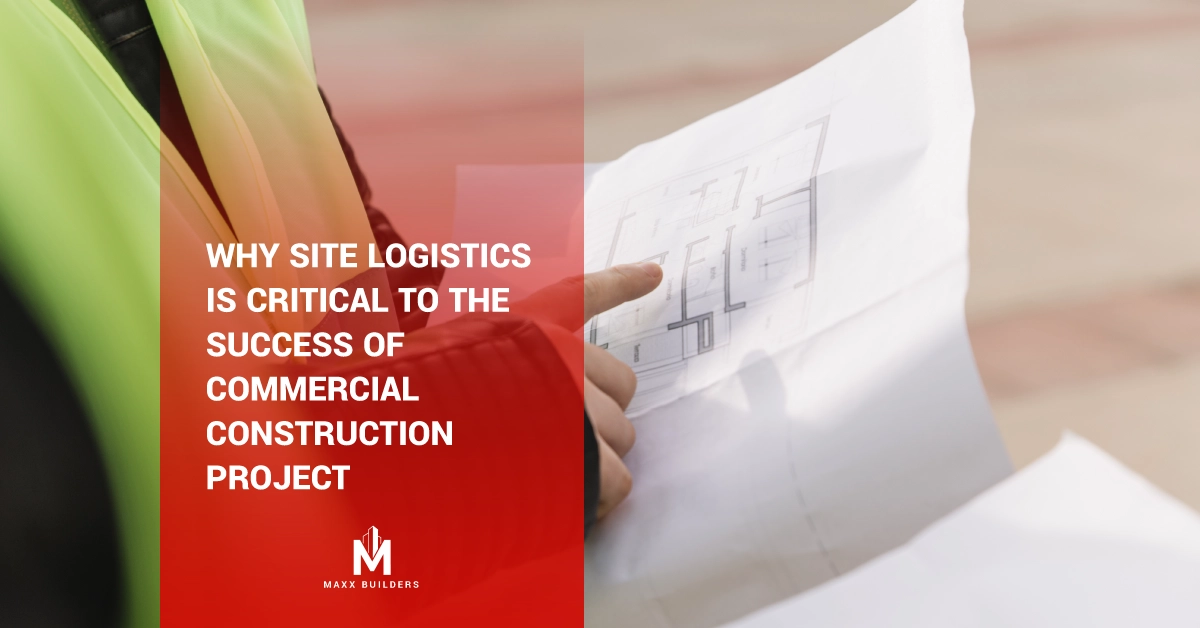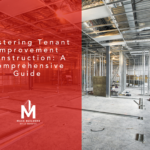To understand the importance of logistics on construction sites we need to agree on a definition of logistics.
Logistics is defined as the planning, execution, and control of procurement, transport, and stationing of workers and materials, and other resources to achieve the goals of a construction project. Some refer to logistics as “management of inventory in motion and at rest.”
Unfortunately, if logistics are considered at all for a construction site, it is usually an afterthought. The absence of a logistical plan for a construction site can lead to the creation of bottlenecks that place a stranglehold on the project.
How Logistics Works on a Construction Site
Logistics is about the movement of materials and equipment from where they originate to where the workforce needs them. This material and equipment need to arrive on time and undamaged. A simple illustration of logistics for construction sites is moving precast concrete from the plant it is made into the site. Also, when delivered, a crane will be needed to hoist the precast panels into position. So, the material is the precast panels, the equipment is a hoisting crane, and there is the crew that will use them. Getting all three components to the same place, at the same time, is what logistics does.
Logistics has a significant impact on profitability too. If the crane isn’t on site when it is supposed to be, installation crews for the precast panels are idle. They are getting their hourly wages even though the lack of a crane prohibits them from working. This kind of snafu is unprofitable.
Moreover, when it comes to construction, a delay in one aspect of the job can have far-reaching effects on job completion. If panels are late for installation, the crews that follow – electricians, plumbers, drywall erectors, and other trades may also be delayed.
Planning is Key
To keep a construction site productive good planning is key. The general contractor has to create a timeline for each stage of the project far in advance of the project’s start. The plan must include a total inventory of materials, equipment, and tools needed for each stage of the project. When you effectively manage materials from their source to your site you enjoy the following advantages.
- Waste reduction = savings. Planning in advance helps ensure that the right materials are on site every day so that construction crews can work without interruption.
- Logistical planning also means that materials are stored appropriately, easy to locate, and easy to move. This also speeds up the project through improved efficiency.
- Logistical planning helps a site maintain order. When a site is organized and tidy there are important benefits to project efficiency and worker health and safety.




